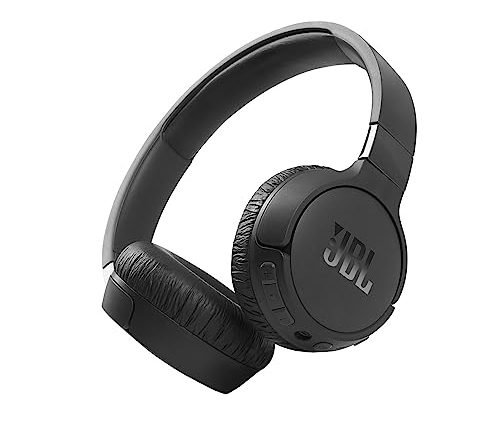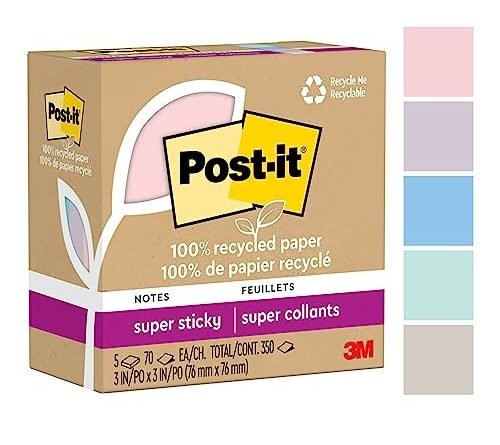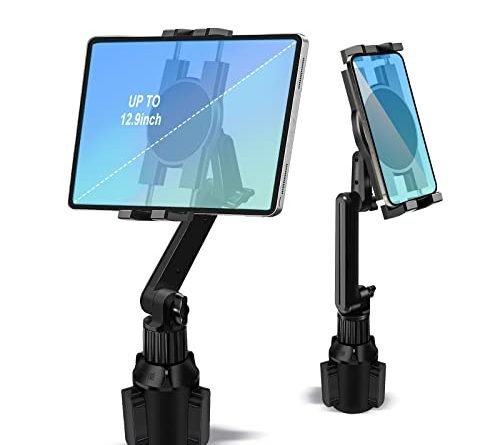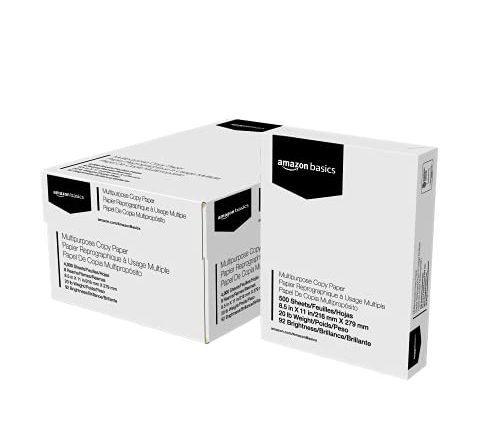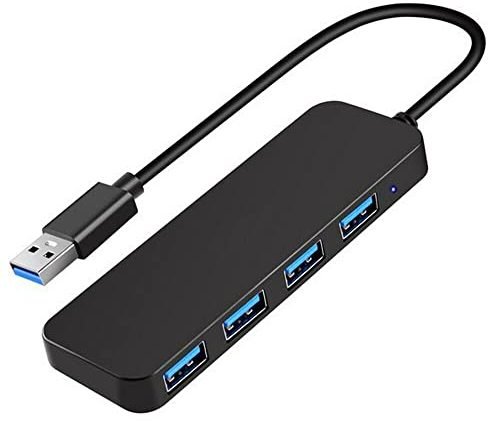
Hey there, gamers! Have you ever found yourself dealing with the frustration of not having enough USB ports on your gaming console? It’s a common struggle, especially when you have multiple accessories to connect. But fear not! In this blog post, we’re diving deep into the world of USB hubs and their compatibility with gaming consoles. So, if you’ve been wondering whether a USB hub can solve your connectivity issues, buckle up and get ready for some answers. Let’s find out if a USB hub can be your gaming console’s new best friend!
Stay connected with our top picks for USB hubs!

![Anker 4-Port USB 3.0 Hub, Ultra-Slim Data USB Hub with 2 ft Extended Cable [Charging Not Supported], for MacBook, Mac Pro, Mac mini, iMac, Surface Pro, XPS, PC, Flash Drive, Mobile HDD](https://m.media-amazon.com/images/I/51+U60trRlL._SS520_.jpg)

Understanding USB Hubs
USB hubs are devices that expand the number of available USB ports on your computer or laptop. They are commonly used when you need to connect multiple USB devices but have limited ports available. In this section, we will delve deeper into what USB hubs are, how they function, and why they are a valuable addition to your setup.


What are USB Hubs?
A USB hub is a small, portable device that allows you to connect multiple USB devices to a single USB port on your computer. It acts as a central hub, providing additional ports where you can plug in your devices. USB hubs come in various sizes, ranging from compact, pocket-sized models to larger, multi-port hubs suitable for desktop use.
How do USB Hubs Work?
USB hubs work by utilizing a technology called “daisy chaining”. When you connect a USB hub to your computer’s USB port, it creates a branching effect, allowing you to connect multiple devices to the hub itself. The hub then communicates with your computer, enabling data transfer and power delivery to the connected devices.
The Purpose of USB Hubs
The main purpose of USB hubs is to expand the number of available USB ports on your computer. This is especially useful when you have limited ports and need to connect multiple devices simultaneously. USB hubs eliminate the hassle of constantly swapping cables and provide a convenient and organized way to connect your devices.
Expanding the Number of USB Ports
One of the key benefits of USB hubs is their ability to expand the number of available USB ports. Instead of being limited to the existing ports on your computer, you can connect a USB hub and instantly gain additional ports. This is particularly valuable for laptops and compact desktops that often come with a limited number of USB ports.
Choosing the Right USB Hub
When choosing a USB hub, there are a few factors to consider:
- Number of Ports: Determine how many devices you need to connect and choose a hub with enough ports to accommodate them.
- Power Delivery: Some USB hubs provide power to connected devices. If you have power-hungry devices like external hard drives, look for a hub with dedicated power delivery ports.
- Data Transfer Speed: USB hubs come in different versions, such as USB 2.0, USB 3.0, and USB 3.1. Consider the data transfer speed you require and select a hub that meets your needs.
- Portability: If you travel frequently or need a hub for on-the-go use, opt for a compact and lightweight model that fits easily in your bag.
Popular USB Hub Brands
There are numerous USB hub brands available, each offering a variety of models with different features. Here are a few popular brands to consider:
- Anker: Known for their reliable and high-quality tech accessories, Anker offers a range of USB hubs with various port configurations.
- Sabrent: Sabrent offers affordable USB hubs with different port options, including hubs with USB-C ports for newer devices.
- HooToo: HooToo specializes in portable USB hubs that are ideal for travelers, featuring compact designs and durable construction.
- Belkin: Belkin is a trusted brand that offers USB hubs designed for both home and office use, with a focus on durability and performance.
In conclusion, USB hubs are essential devices for expanding the number of available USB ports on your computer. They provide convenience, organization, and flexibility in connecting multiple devices simultaneously. When choosing a USB hub, consider factors such as the number of ports, power delivery capability, data transfer speed, and portability. With the right USB hub, you can easily manage and connect all your USB devices hassle-free.
Compatibility with Gaming Consoles
When it comes to gaming consoles, many players are looking to enhance their gaming experience by connecting various peripherals and accessories. USB hubs can be a valuable tool in expanding connectivity options, but how compatible are they with gaming consoles? In this blog post, we will explore the factors that determine whether USB hubs can be successfully connected to gaming consoles and provide you with the information you need to make an informed decision.
![SABRENT 4 Port USB 2.0 Data Hub with Individual LED lit Power Switches [Charging NOT Supported] for Mac & PC (HB-UMLS)](https://m.media-amazon.com/images/I/61ndTZ01HHL._SS520_.jpg)
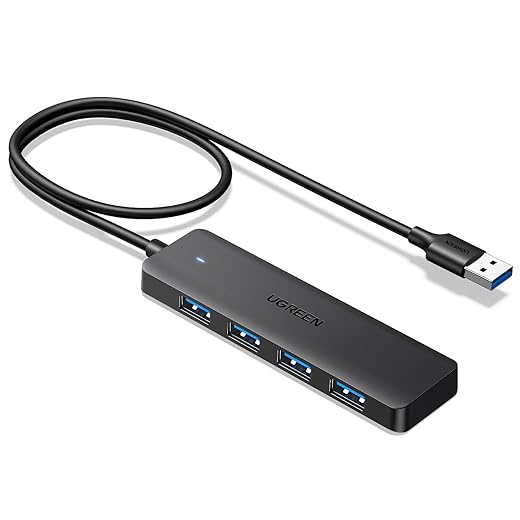

Understanding Compatibility Factors
Before diving into the compatibility of USB hubs with gaming consoles, it’s important to understand the factors that contribute to successful connections. Here are some key considerations:
Power Requirements
Gaming consoles typically have specific power requirements for peripherals and accessories. USB hubs that draw excessive power may not function properly or could potentially damage the console. It’s important to choose a USB hub that is within the power limits specified by your gaming console manufacturer.
USB Standard
USB standards have evolved over the years, with USB 3.0 and USB 3.1 being the most common standards in modern gaming consoles. Ensure that the USB hub you choose supports the same USB standard as your console to maximize compatibility and data transfer speeds.
Data Transfer Speeds
If you’re planning to connect high-speed devices, such as external hard drives or gaming controllers, it’s crucial to consider the data transfer speeds of the USB hub. USB 3.0 hubs offer faster transfer rates compared to USB 2.0 hubs. Opting for a USB hub with USB 3.0 ports can help ensure optimal performance for your gaming peripherals.
Number of Ports
Consider the number of USB ports you require for your gaming setup. USB hubs come in various configurations, ranging from 4 ports to 10 ports or more. Assess your needs and choose a hub that offers an adequate number of ports to accommodate all your peripherals and accessories.
USB Hub Compatibility with Gaming Consoles
Now that we have a better understanding of the compatibility factors, let’s explore the compatibility of USB hubs with gaming consoles.
PlayStation Consoles (PS4, PS5)
- Sony PlayStation consoles, such as the PS4 and PS5, generally support USB hubs.
- USB hubs with a USB 3.0 or USB 3.1 standard are recommended for optimal compatibility and data transfer speeds.
- Ensure that the USB hub you choose is within the power limits specified by Sony to avoid any potential issues.
Xbox Consoles (Xbox One, Xbox Series X/S)
- Xbox consoles, like the Xbox One and Xbox Series X/S, are also compatible with USB hubs.
- USB hubs with USB 3.0 or USB 3.1 ports are recommended for best results.
- It’s important to ensure that the USB hub you select does not exceed the power limits set by Microsoft to prevent any damage to your console.
Nintendo Switch
- The Nintendo Switch supports USB hubs, allowing you to connect multiple peripherals and accessories.
- USB hubs with USB 3.0 ports are preferable for faster data transfer speeds.
- Be mindful of the power requirements and choose a USB hub that aligns with Nintendo’s specifications.
Factors to Consider
If you’re an avid gamer, you know that the number of devices and accessories you want to connect to your gaming console can quickly surpass the available USB ports. This is where a USB hub comes in handy, allowing you to expand your connectivity options. However, before rushing to purchase any USB hub, there are a few factors you need to consider to ensure compatibility and optimal performance. Let’s dive into the key factors to keep in mind.
Power Requirements
One of the critical factors to consider when connecting a USB hub to your gaming console is the power requirements. USB hubs come in two types: powered and non-powered.
- Powered USB hubs have their own power source, which means they can provide sufficient power to connected devices independently. They are ideal when you need to connect power-hungry devices like external hard drives, gaming controllers, or gaming headsets.
- Non-powered USB hubs, on the other hand, draw power solely from the USB port they are connected to. They are suitable for low-power devices such as keyboards or mice.
Keep in mind that gaming consoles have a limited power supply for USB ports, so if you plan to connect power-hungry devices, it’s recommended to opt for a powered USB hub to avoid potential performance issues.
USB Standards
USB standards play a crucial role in determining the compatibility and data transfer speeds of your USB hub. Currently, the most common USB standards are USB 2.0, USB 3.0, USB 3.1, and USB 3.2.
- USB 2.0 offers a maximum data transfer rate of 480 Mbps, making it suitable for low-bandwidth devices like keyboards or mice.
- USB 3.0 provides significantly faster transfer speeds of up to 5 Gbps, making it ideal for gaming controllers, external hard drives, or SSDs.
- USB 3.1 boasts even faster speeds of up to 10 Gbps, offering improved performance for demanding devices.
- USB 3.2 is the latest standard, providing enhanced data transfer rates of up to 20 Gbps, which is excellent for high-bandwidth devices such as VR headsets or external graphics cards.
When choosing a USB hub, ensure that it supports the USB standard compatible with your gaming console and the devices you intend to connect.
Potential Limitations
Before making a purchase, it’s essential to consider any potential limitations that may arise when connecting a USB hub to a gaming console. Some crucial points to keep in mind include:
- Compatibility: Ensure that the USB hub you choose is compatible with your specific gaming console. Different consoles may have different power output capabilities or USB standards, so it’s important to do your research beforehand.
- Bandwidth Sharing: When multiple devices are connected through a USB hub, they share the available bandwidth. This means that if you connect several high-bandwidth devices simultaneously, it may affect their performance. Be mindful of the devices you plan to connect and consider their bandwidth requirements.
- Cable Length: Depending on your gaming setup, the length of the USB hub’s cable may be a factor to consider. Ensure that the cable is long enough to reach your gaming console comfortably without causing any strain or limitations.
By taking into account these potential limitations, you can make an informed decision and avoid any compatibility issues or performance bottlenecks.
Recommended USB Hubs for Gaming Consoles
If you are an avid gamer who loves playing on consoles, you may have encountered the issue of limited USB ports. Gaming consoles usually come with a limited number of USB ports, which can be quite frustrating when you need to connect multiple accessories. This is where USB hubs come to the rescue! In this section, we will recommend some USB hubs that are known to be compatible with gaming consoles. We will consider factors like power delivery, data transfer speeds, and overall performance to ensure you have the best gaming experience possible.
Power Delivery Matters
When choosing a USB hub for your gaming console, one important factor to consider is power delivery. Some gaming accessories, like external hard drives or gaming keyboards, require more power to function properly. Therefore, it is crucial to choose a USB hub that can deliver sufficient power to all your connected devices without any performance issues.
Data Transfer Speeds for Seamless Gaming
Another crucial aspect to consider is the data transfer speeds offered by the USB hub. Faster data transfer speeds ensure smooth gameplay and reduce latency during online gaming sessions. Look for USB hubs that support USB 3.0 or even USB 3.1 for lightning-fast data transfer rates. This will allow you to transfer large game files quickly and seamlessly, enhancing your gaming experience.
Recommended USB Hubs
Here are some USB hubs that we recommend for gaming consoles, taking into account power delivery, data transfer speeds, and overall performance:
- Anker 4-Port USB 3.0 Ultra Slim Data Hub: This compact USB hub offers four USB 3.0 ports and provides high-speed data transfer rates of up to 5Gbps. It also has a sleek design and is compatible with various gaming consoles.
- Sabrent 4-Port USB 3.0 Hub with Individual Power Switches: This USB hub features four USB 3.0 ports with individual power switches, allowing you to turn off specific ports when not in use. It offers fast data transfer speeds and is compatible with popular gaming consoles.
- HooToo USB C Hub, 7-in-1 Adapter with Power Delivery: This versatile USB hub not only expands the USB ports on your gaming console but also offers additional features like an HDMI output and SD card reader. It supports fast data transfer speeds and provides power delivery for charging your devices simultaneously.
A Comparison Table
To make it easier to compare the key features and benefits of these USB hubs, here is a comparison table:
| USB Hub | Number of Ports | Data Transfer Speeds | Power Delivery Support |
|---|---|---|---|
| Anker 4-Port USB 3.0 Ultra Slim | 4 | Up to 5Gbps | No |
| Sabrent 4-Port USB 3.0 Hub | 4 | Up to 5Gbps | No |
| HooToo USB C Hub, 7-in-1 Adapter | Multiple | Fast | Yes |
Remember to choose a USB hub that suits your specific gaming needs, taking into consideration the number of accessories you want to connect, the power requirements, and the desired data transfer speeds. With the right USB hub, you can expand the capabilities of your gaming console and enjoy a seamless gaming experience without any limitations.
The Verdict: Exploring the compatibility of USB hubs with gaming consoles
In conclusion, while it is possible to connect a USB hub to a gaming console, it’s important to keep in mind the power requirements, USB standards, and compatibility. Before making your decision, consider these factors to ensure a smooth and hassle-free gaming experience. And don’t worry, we’ve got you covered with our recommendations for USB hubs that are perfect for your gaming console. Happy gaming!


